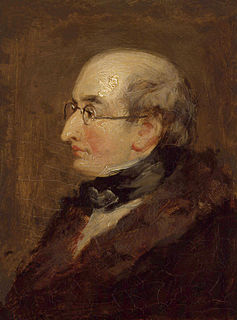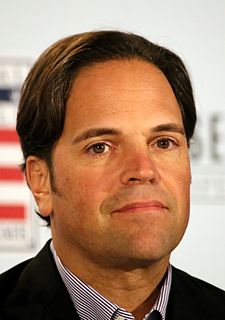A Quote by Edward R. Murrow
Difficulty is the excuse history never accepts.
Quote Topics
Related Quotes
The great difficulty is first to win a reputation; the next to keep it while you live; and the next to preserve it after you die, when affection and interest are over, and nothing but sterling excellence can preserve your name. Never suffer youth to be an excuse for inadequacy, nor age and fame to be an excuse for indolence.
History is a living horse laughing at a wooden horse. History is a wind blowing where it listeth. History is no sure thing to bet on. History is a box of tricks with a lost key. History is a labyrinth of doors with sliding panels, a book of ciphers with the code in a cave of the Saragossa sea. History says, if it pleases, Excuse me, I beg your pardon, it will never happen again if I can help it.
The best apology, I think, was from my husband, Steve, who slept with a close friend of mine decades back, when we were committed to being life partners but not yet married. And many of the factors that made Steve's apology so healing are universal. One important thing is that he confessed to the affair, rather than my discovering it. He looked deeply into his own history in terms of why this happened, but he never used that history as an excuse.
History will have to record that the greatest tragedy of this period of social transition was not the strident clamor of the bad people, but the appalling silence of the good people. Injustice anywhere is a threat to justice everywhere. We are caught in an inescapable network of mutuality, tied in a single garment of destiny. Whatever affects one directly, affects all indirectly. He who passively accepts evil is as much involved in it as he who helps to perpetrate it. He who accepts evil without protesting against it is really cooperating with it.
There's a lot we should be able to learn from history. And yet history proves that we never do. In fact, the main lesson of history is that we never learn the lessons of history. This makes us look so stupid that few people care to read it. They'd rather not be reminded. Any good history book is mainly just a long list of mistakes, complete with names and dates. It's very embarrassing.
































